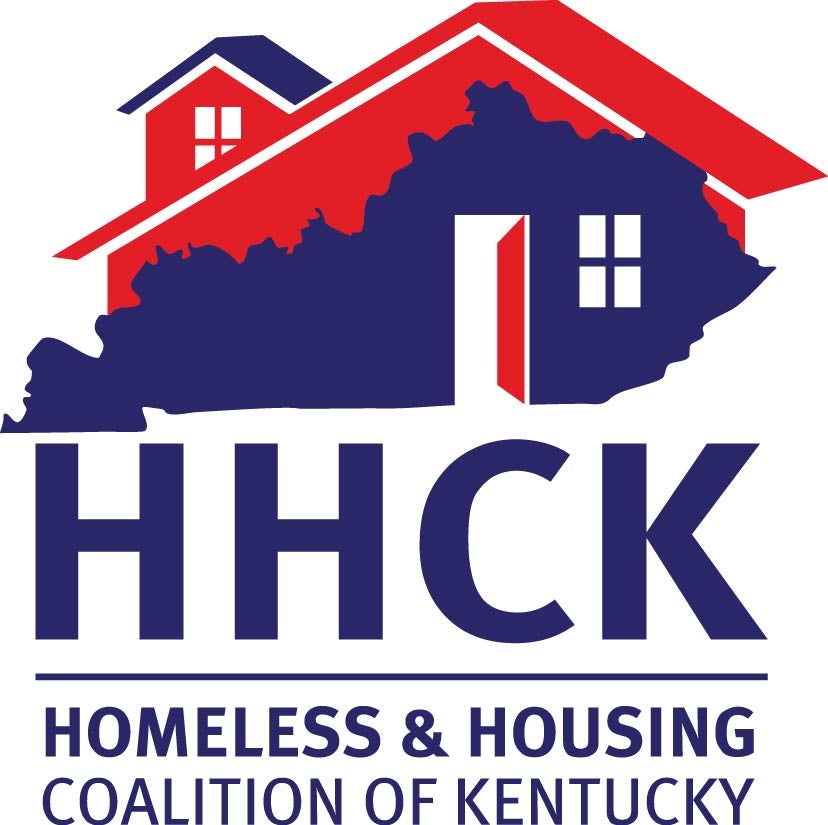COMMENTARY: It’s imperative for federal govt. to step up, provide the resources for rent relief
Published 10:01 am Friday, July 17, 2020
|
Getting your Trinity Audio player ready...
|
By Adrienne Bush, Marilyn Harris and Tiffany Marthaler
In March, this country’s economy was brought to a scratching halt by the COVID-19 pandemic.
Millions of people are out of work, with little hope of returning to a new “normal” anytime soon.
In June, three months into the COVID-19 state of emergency, many of us watched the lines of hundreds of people still waiting for unemployment benefits wrap around the Kentucky Capitol and Cabinet for Health and Family Services campuses.
With no income and delayed assistance from the state and federal government many of these Kentuckians, who have already lost their livelihood, may soon lose their homes.
The solution is deep, sustained rental assistance for everyone who cannot afford a market-rate unit on their drastically reduced income.
According to the Kentucky State Data Center at the University of Louisville, as of June 2, 27 percent or 546,765 Kentucky households had either missed last month’s rent or mortgage payment or have little confidence in the ability to pay in July, making Kentucky the 10th highest housing insecure state in the union.
Of these households, 44 percent rent, making more than 240,000 households at risk of eviction.
The CARES Act was a strong start in addressing literal homelessness, but as this pandemic stretches out, housing instability is now too large to solve with patchwork individual programs and private charitable giving.
It requires federal intervention in the housing market in upcoming coronavirus legislation.
Research from the National Low Income Housing Coalition (NLIHC) indicates that $100 billion in emergency rental assistance is needed to help keep the lowest-income renters stably housed.
This assistance must be deeply targeted to people at or below 30 percent of the Area Median Income ($19,600 for a family of four) to be effective.
Without emergency rental assistance, these households and local governments will face the destabilizing impacts of evictions and, in worst cases, homelessness.
This proposal has already been vetted as part of the HEROES Act, which passed the U.S. House of Representatives more than a month ago. It is up to Senate Majority Leader Mitch McConnell to include this critical piece of infrastructure for Kentucky families and our housing markets.
Twenty-nine groups across Kentucky agree that rental assistance is imperative, signing onto a letter to McConnell last week.
Prior to the pandemic, Kentucky was already short 75,000 affordable homes, and there was a deep mismatch between income and rents.
Working at the minimum wage of $7.25 per hour, a Kentuckian needed to work 65 hours per week to afford a one-bedroom apartment. Put another way, people must earn at least $14.84 per hour to afford a two-bedroom home.
These are Kentuckians working in industries including restaurants and other retail services, which were particularly hard hit by stay-at-home orders.
Absent a thriving economy and living wage standards, rental assistance is critical to keeping Kentuckians stable.
Our current priority is stabilizing the rental market with rent relief.
We need this now.
In the near future, we need a government committed to protecting itself citizens against a pandemic by acknowledging that housing is required infrastructure and public good.
It is imperative that the federal government step up and provide the resources to communities to ensure that.
This includes full funding of the HOME Investment Partnerships Program and the Community Development Block Grant programs, enacting a 4 percent minimum credit and increasing the total credits for Low-Income Housing Tax Credit investments, investing in public housing, and increasing funding for the National Housing Trust Fund.
In the meantime, without rental assistance the outlook is bleak.
We will see longer lines of hundreds and thousands of Kentuckians — only this time, it will be around homeless shelters and not employment centers or the unemployment office.
We will see an overloaded court system unable to deal with evictions in an equitable way.
We will see landlords default on debt service on their properties. This is an economic crisis with the potential to be even more devastating than the housing market crash and subsequent Great Recession.
It doesn’t have to be this way.
With leadership from the Senate and targeted federal intervention through deep rental assistance, Kentucky could emerge from COVID-19 stronger than ever.
It is imperative that McConnell prioritize an appropriation of $100 billion in rental assistance.
Adrienne Bush is the executive director of the Homeless and Housing Coalition of Kentucky. Marilyn Harris is the director of the Louisville Metro Office of Housing and Community Development. Tiffany Marthaler is the executive director of the Kentucky Affordable Housing Coalition.





